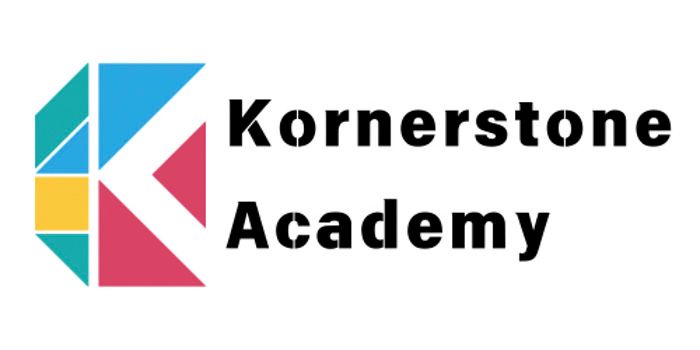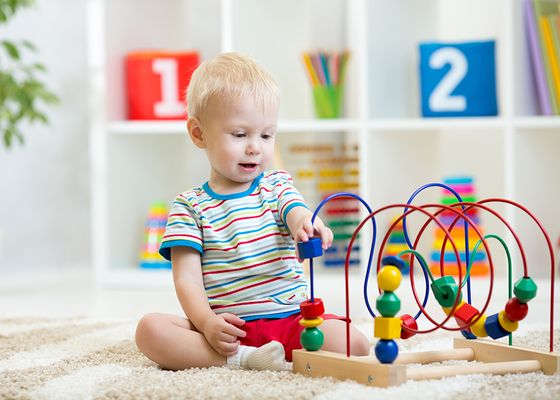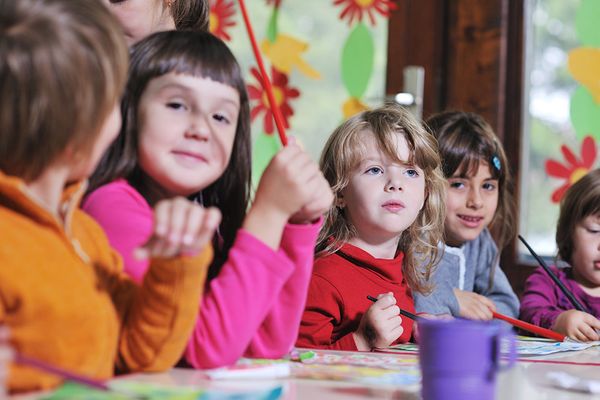Programs
Unlock Your Child's Potential with Our Dynamic Programs
We are dedicated to nurturing the unique potential of every child. Our programs are crafted to provide a nurturing and enriching environment that fosters a love for learning and personal growth. Below, you’ll find an overview of our programs designed for various age groups.
Toddler Program
In our Toddler Program, we create a safe and stimulating environment for our youngest learners. We focus on developing essential skills while encouraging exploration and self-expression through play. Our compassionate educators guide toddlers as they discover the world around them and develop foundational social skills.
Preschool Program
Our Preschool Program is designed to prepare children for further education through hands-on learning experiences. We emphasize individual exploration and problem-solving, allowing each child to engage with materials at their own pace.
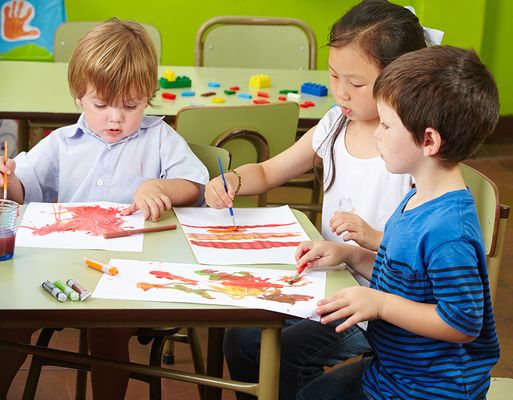
Afterschool Program
Our Afterschool Program provides a welcoming space for children to unwind and explore creative interests after a busy school day. We incorporate artistic, musical, and recreational activities, ensuring children enjoy a well-rounded experience while fostering friendships.
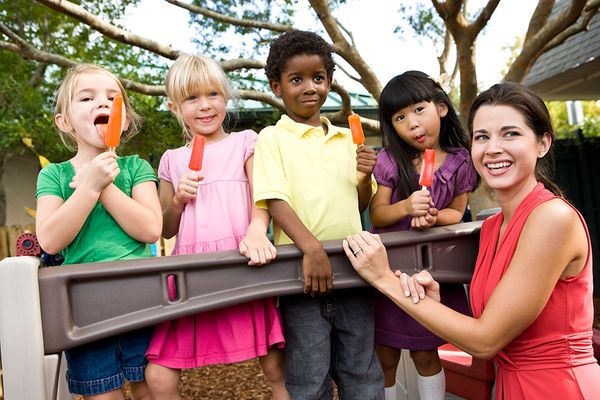
Summer School
During Summer School, we offer an engaging curriculum that keeps learning fun and interactive. Our programs are designed to help children explore new ideas and interests while creating lasting memories.
We invite you to partner with us in creating a bright future for your child
Reach out today to learn more about our incredible programs!
